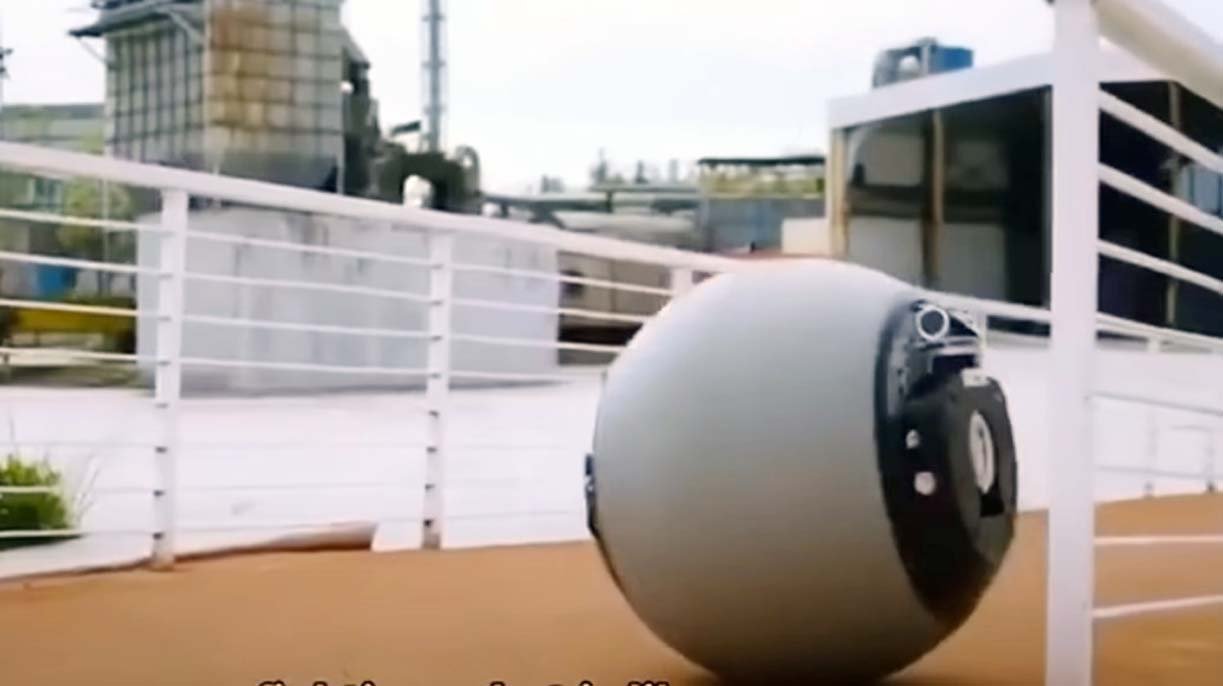China has debuted first AI-powered robot police officers in a daring effort to improve public safety and simplify law enforcement. Promising to revolutionize conventional policing approaches, these autonomous law enforcers represent a major advance in artificial intelligence and robotics. China is establishing a standard with its integration of sophisticated artificial intelligence systems into public services as technology transforms world businesses.
A Revolutionary Step in Policing
Xinhua News Agency claims that the recently deployed artificial intelligence robot police are meant to handle a range of chores including traffic control, public safety monitoring, and identity verification. With real-time data processing and sophisticated facial recognition technology, these robots can rapidly identify people, spot abnormalities, and act in an emergency.
“This is a ground-breaking development in law enforcement,” said Tsinghua University’s AI researcher Professor Zhang Wei. “Deployment of robot police not only improves efficiency but also reduces human error in important circumstances.”
Features and Capabilities
These robot police officers are not merely restricted to basic jobs. Some of their significant traits include:
- Facial Recognition: With cutting-edge cameras, the robots can identify wanted individuals from a database within seconds.
- Traffic Monitoring: They can regulate traffic flow and issue automatic penalties for noncompliance.
- Emergency Response: Equipped with sensors, these robots may detect fires, hazardous substances, or medical emergencies and alert human authorities promptly.
- Multilingual Communication: Tailored to appeal to tourists, these robots are equipped to assist in different languages.
A report by China Daily indicates that these robots were initially tested in Shenzhen, where they helped to a 20% drop in petty crimes in their specified zones.
Human Impacts and Ethical Concerns
While the arrival of AI robot police promises various benefits, it also poses ethical and cultural challenges. Many folks are questioning the effects of permanent surveillance on privacy and civil freedoms. “It’s efficient, but it feels invasive,” observed Li Ming, a Shenzhen resident. “We must find a balance between safety and privacy.”
Furthermore, the incorporation of robotics into law enforcement could lead to severe employment displacement for regular cops. Experts are encouraging policymakers to adopt ways for retraining and redeployment of human beings to prevent mass unemployment.
Global Implications
China’s innovation is expected to impact other governments researching AI applications in law enforcement. Countries including the United States, Japan, and the United Arab Emirates are also investing in similar technologies. According to an article by The Guardian, Dubai has already employed robot police units for limited public contacts, but China’s entire strategy is unrivaled.
Broader Implications
The deployment of robot police extends beyond law enforcement. It underlines the rapid pace of technology progress and the requirement of global conversation on AI governance. How will this effect international relations, particularly as countries try to outperform one another in AI advancements? Moreover, how will affected populations adjust to a future when robots become a mainstay in public life?
Professor Zhang says, “This is just the beginning. The importance of AI in law enforcement will continue to rise, and nations must work to guarantee ethical norms are respected.”
Conclusion
China’s debut of AI robot police is a tribute to its devotion to technological progress. While the benefits are evident, the challenges cannot be disregarded. As other countries look closely, this move could pave the way for a global shift in law enforcement.
________________________________________
Sources
- Xinhua News Agency
- China Daily
- The Guardian
- Tsinghua University Reports on AI Innovation
For more updates on this story and related topics, visit Global Report.

